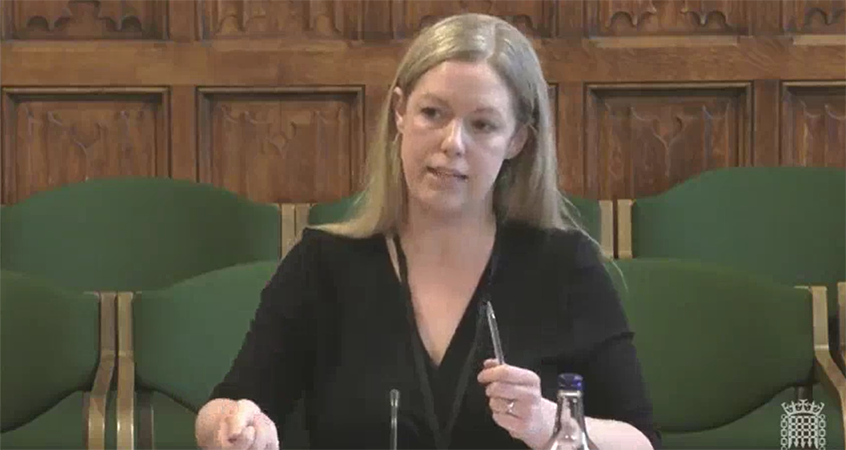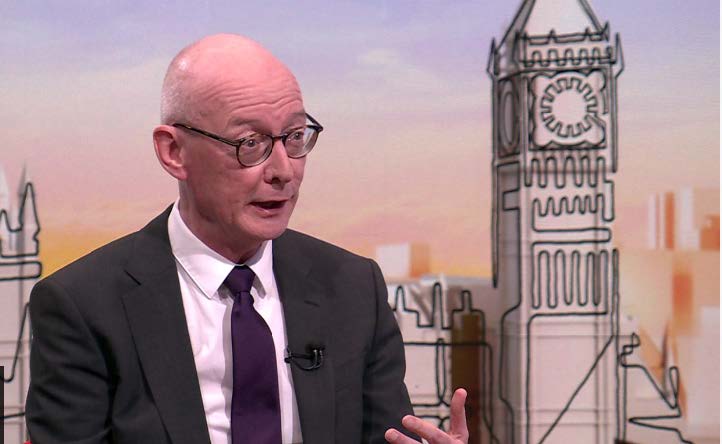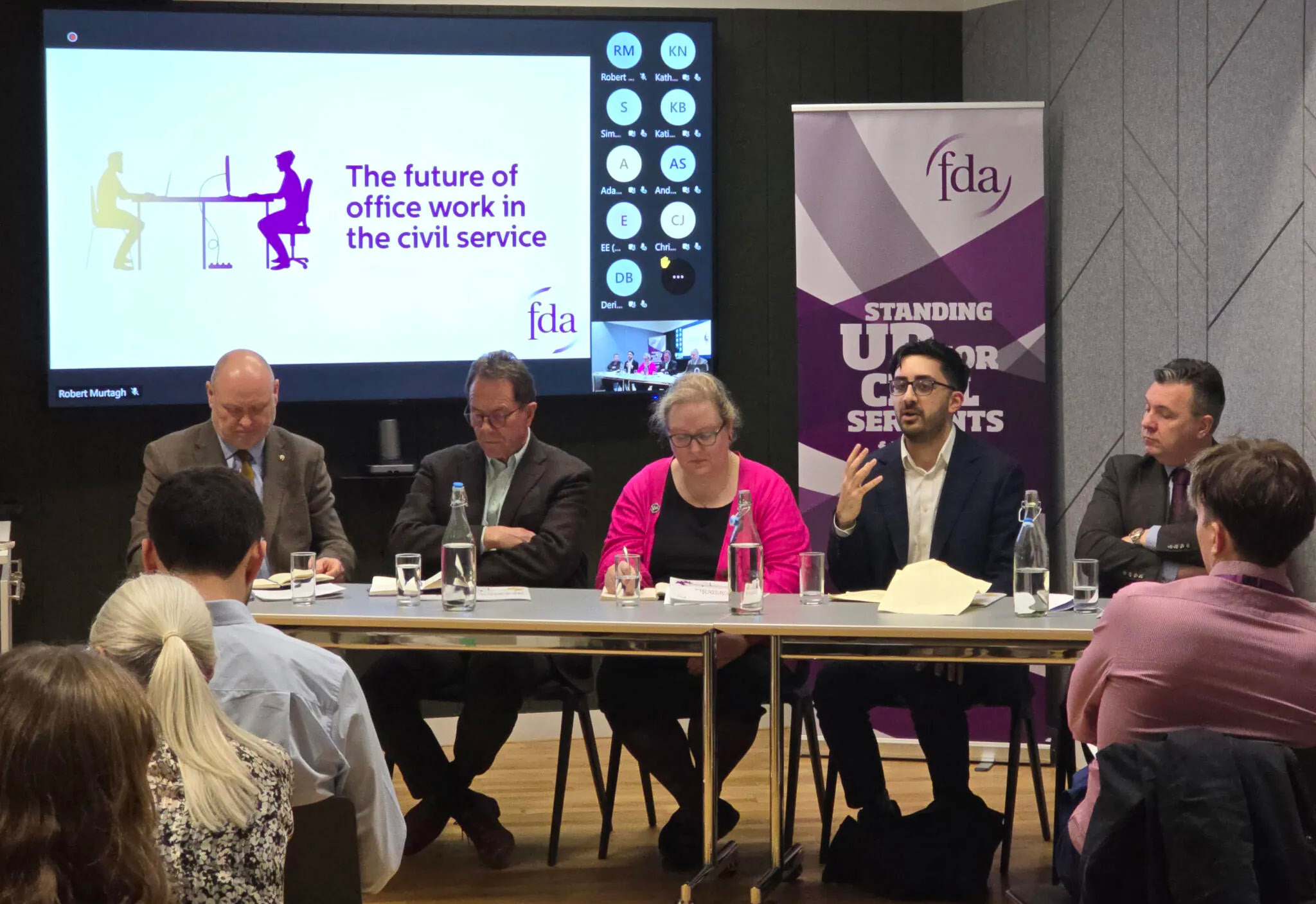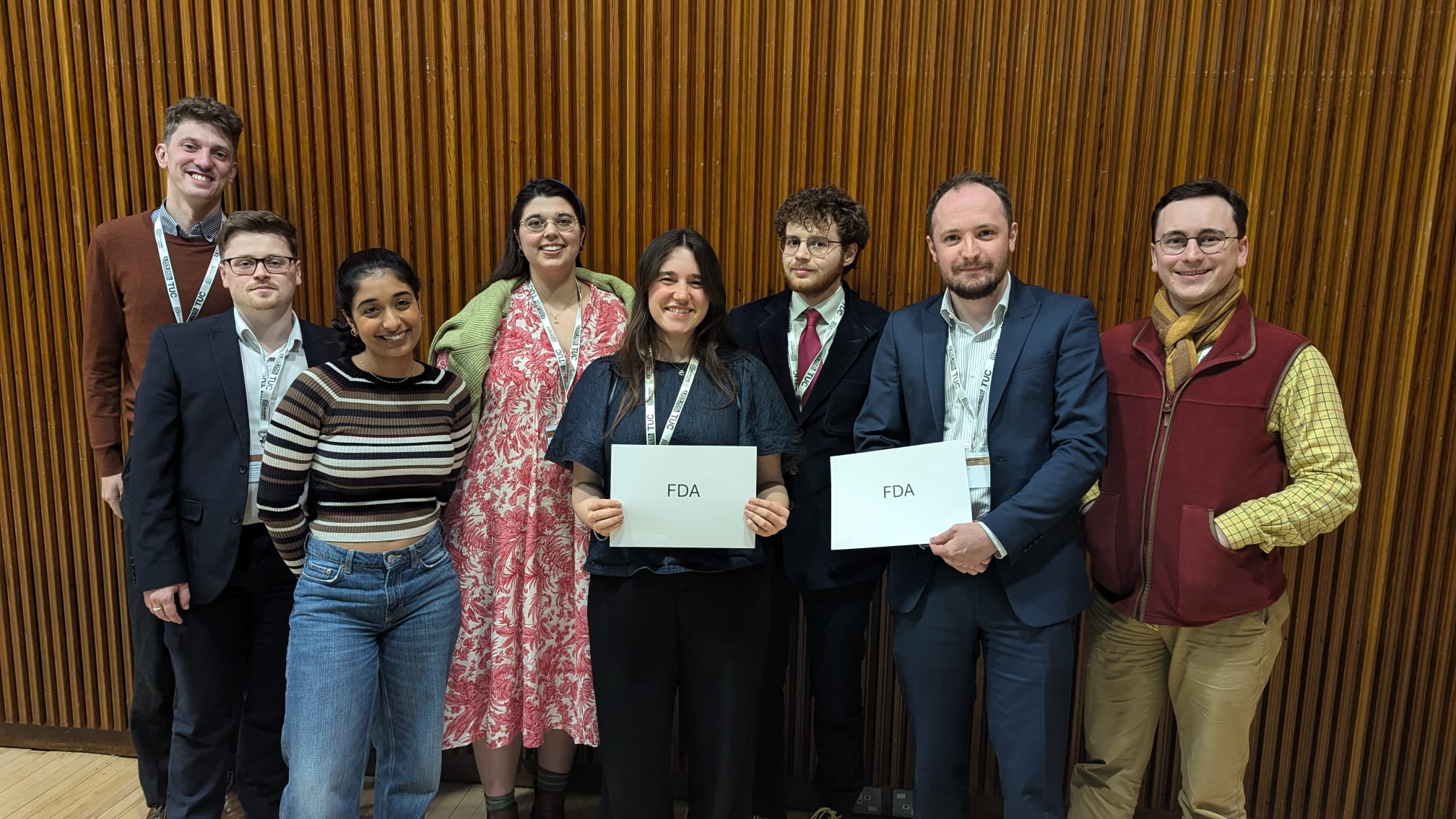People Survey data sometimes “collected for the sake of collecting”, FDA tells PACAC

FDA Assistant General Secretary Amy Leversidge has told MPs that data from the Civil Service People Survey is not always used to achieve “results” , as our members’ input does not lead to actions being taken in a timely manner. This gives the impression that “the People Survey is sometimes collected for the sake of collecting”.
Appearing before the House of Commons’ Public Administration and Constitutional Affairs Committee (PACAC), Leversidge provided oral evidence for their Civil Service People Survey inquiry, alongside Assistant General Secretary of PCS, John Moloney.
Leversidge described the People Survey as a “useful indication of how civils servants are feeling” and highlighted that “it’s useful that the data is collected over a significant period of time and we can compare back”.
However, she argued that the civil service doesn’t do enough with the data it collects from the survey, and this is where it “falls down” as an organization.
The Assistant General Secretary argued that, when it comes to publishing the results,, “the timing is completely off”. Unions have only been given the headlines figures from the most recent survey, and when the FDA asked for more information to inform its discussions for the next pay remit guidance, this was denied. Leversidge continued that the civil service doesn’t “use the earliest opportunity to act” on the survey data.
Leversidge also outlined to the Committee some key changes the FDA wishes to see with the survey, describing questions on pay as “too broad”. She suggested that the survey could do more to measure the success of initiatives such as business cases for pay, as there is currently no attempt to link these to engagement scores in departments. The FDA also called for more questions on working hours, which Leversidge described to MPs as “a massive issue for civil servants at the moment”.
Leversidge highlighted that there is “a significant problem with ministerial behaviours” not captured by the People Survey as the question on bullying does not even have an option for civil servants to say that they have experienced bullying from a minister. Leversidge also detailed the FDA’s own survey, which found that 84% of senior civil servants who had witnessed unacceptable behaviour did not have confidence that it would be dealt with fairly. As a result, the FDA felt the need to ask the Health and Safety Executive to conduct an investigation into ministerial bullying in the civil service.
You can watch some of Leversidge’s PACAC appearance on the FDA’s Twitter.
Related News
-

Meaningful reform
It’s time to lead the civil service, not just the morning news round, says Dave Penman.
-

Hybrid working: Led by evidence, not headlines
Tom Nathan shares the findings and recommendations of the FDA’s recent report on ‘The future of office working in the civil service’.
-

FDA attends TUC Young Workers’ 2025
This March, an FDA delegation attended the annual TUC Young Workers’ Conference in Congress House, London.